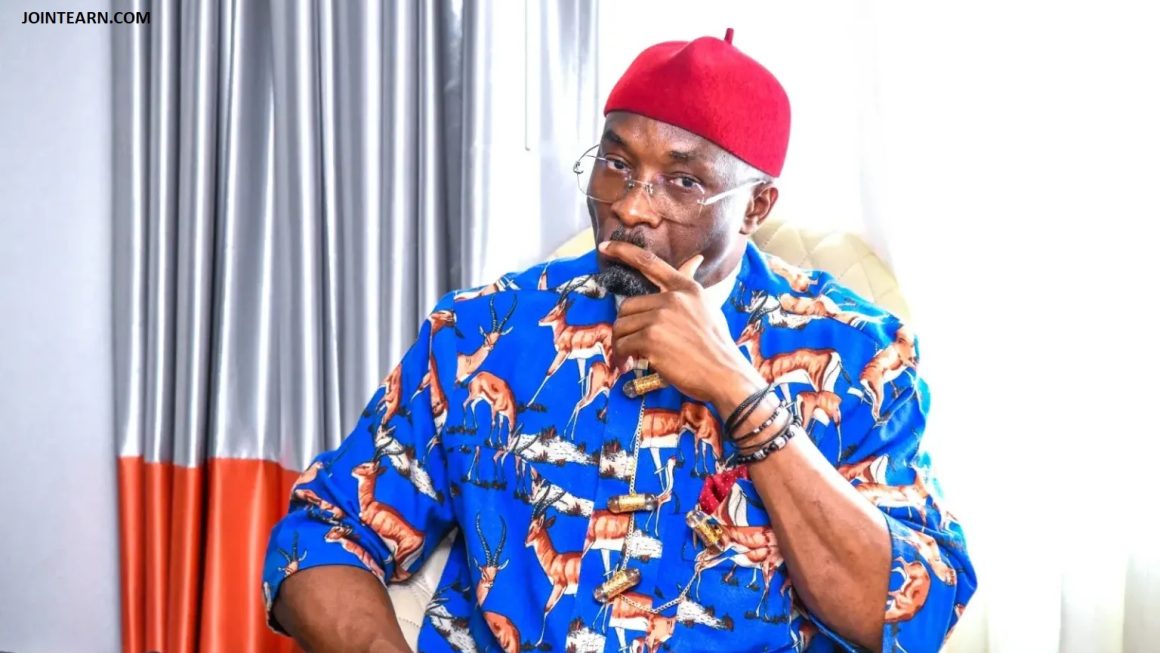As the Muslim festival of Eid Al-Adha 2025 draws near, the House of Representatives has officially adjourned plenary sessions to allow members and staff to observe the holiday. The decision to suspend legislative activities underscores the significance of the festival, widely celebrated across Nigeria and beyond, and reflects the parliament’s commitment to cultural and religious inclusivity.
Plenary Adjournment for Eid Al-Adha
In a resolution passed during the week, the Speaker of the House of Representatives announced the adjournment of all plenary sessions ahead of the Sallah holiday, which marks the end of the annual Islamic pilgrimage, Hajj. The House will remain on recess for the duration of the festivities, enabling lawmakers to spend time with their families, engage in religious observances, and participate in community celebrations.
The decision was met with approval across the chamber, as members expressed their desire to fully embrace the spirit of Eid, which emphasizes sacrifice, charity, and unity among Muslims worldwide.
The Significance of Eid Al-Adha in Nigeria
Eid Al-Adha, often called the “Festival of Sacrifice,” is one of the most important Islamic holidays. It commemorates the willingness of Prophet Ibrahim (Abraham) to sacrifice his son as an act of obedience to God, a story revered in Islam. The holiday is marked by special prayers, the sacrificial slaughtering of animals such as goats, sheep, or cows, and sharing the meat with family, friends, and the less privileged.
In Nigeria, a country with a large and diverse Muslim population, Eid Al-Adha is celebrated with great enthusiasm. Muslims across the nation gather for communal prayers in mosques and open grounds, followed by festivities that highlight generosity and social cohesion. The government’s recognition of the holiday through official adjournments demonstrates respect for religious diversity and the importance of such cultural events in fostering national unity.
Lawmakers Reflect on Eid’s Themes
Several members of the House took the opportunity to share their reflections on Eid Al-Adha and its relevance to Nigeria’s socio-political landscape. Emphasizing the festival’s core values of sacrifice, empathy, and service to others, they urged Nigerians to embrace these principles not only during religious holidays but in everyday life.
One senior legislator remarked, “Eid Al-Adha teaches us the importance of selflessness and caring for those in need. As representatives of the people, we should carry this lesson into our duties, ensuring that our actions promote peace, justice, and prosperity for all Nigerians.”
Others highlighted the need for interfaith dialogue and cooperation, noting that national progress depends on mutual respect and understanding among Nigeria’s various religious communities. The adjournment period, they said, is also a time to renew commitments to these ideals.
Government’s Role in Religious Observance
The government’s recognition of Eid Al-Adha extends beyond the legislative branch. Public offices, schools, and many private enterprises observe the holiday, granting time off to employees and students. This widespread acknowledgment supports the country’s religious harmony and respects the rights of citizens to practice their faith freely.
In recent years, the government has taken steps to enhance Eid celebrations by improving security measures around mosques and public prayer venues, ensuring that worshippers can observe the festival in safety and peace. Authorities have also encouraged charitable activities during the period, urging citizens to support vulnerable groups through donations and volunteer work.
Economic and Social Impact of the Holiday
Eid Al-Adha also has a notable economic impact, especially in sectors linked to the sale and distribution of livestock. Markets witness increased activity as many families purchase animals for sacrifice, which in turn stimulates demand in related industries such as animal husbandry, feed production, and transport.
The holiday also boosts hospitality and retail sectors, with families gathering for feasts and gift exchanges. Small businesses often experience a surge in sales during this time, contributing to local economies.
On the social front, Eid promotes community bonding and solidarity. Acts of charity, particularly distributing meat to the less fortunate, help reduce social inequalities and foster goodwill among Nigerians of all backgrounds.
Looking Ahead
As the House of Representatives resumes activities following the Sallah holiday, lawmakers are expected to bring fresh perspectives inspired by the festival’s message. The break provides a moment for reflection on national issues, and many hope it will fuel renewed efforts to address challenges such as poverty, insecurity, and social fragmentation.
The 2025 Eid Al-Adha adjournment reaffirms the role of cultural and religious observances in Nigeria’s political calendar, highlighting how faith and governance intersect in meaningful ways. It reminds the nation that beyond legislative debates and policy decisions, shared values and collective celebration remain essential to Nigeria’s unity and progress.
This adjournment marks a temporary pause in Nigeria’s legislative agenda but represents a broader commitment to respecting and honoring the diverse cultural fabric of the nation. As Nigerians come together in celebration, the hope is that the spirit of Eid Al-Adha will inspire positive change and a stronger sense of community across all sectors of society.











